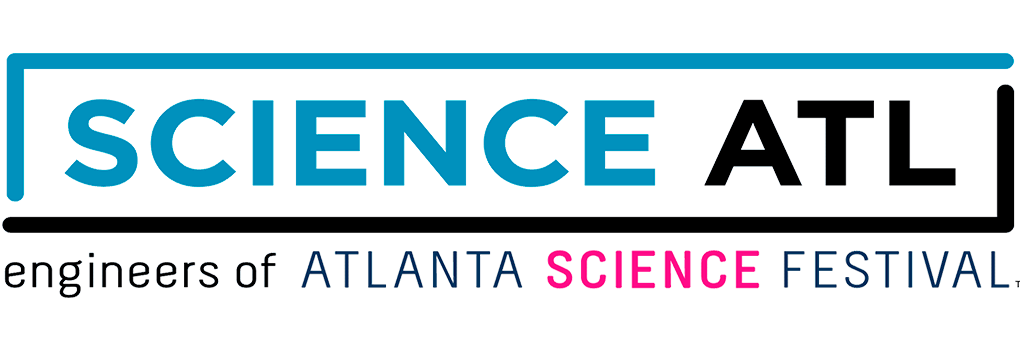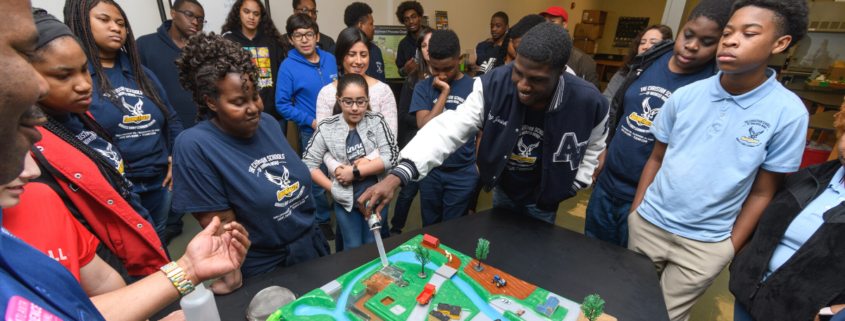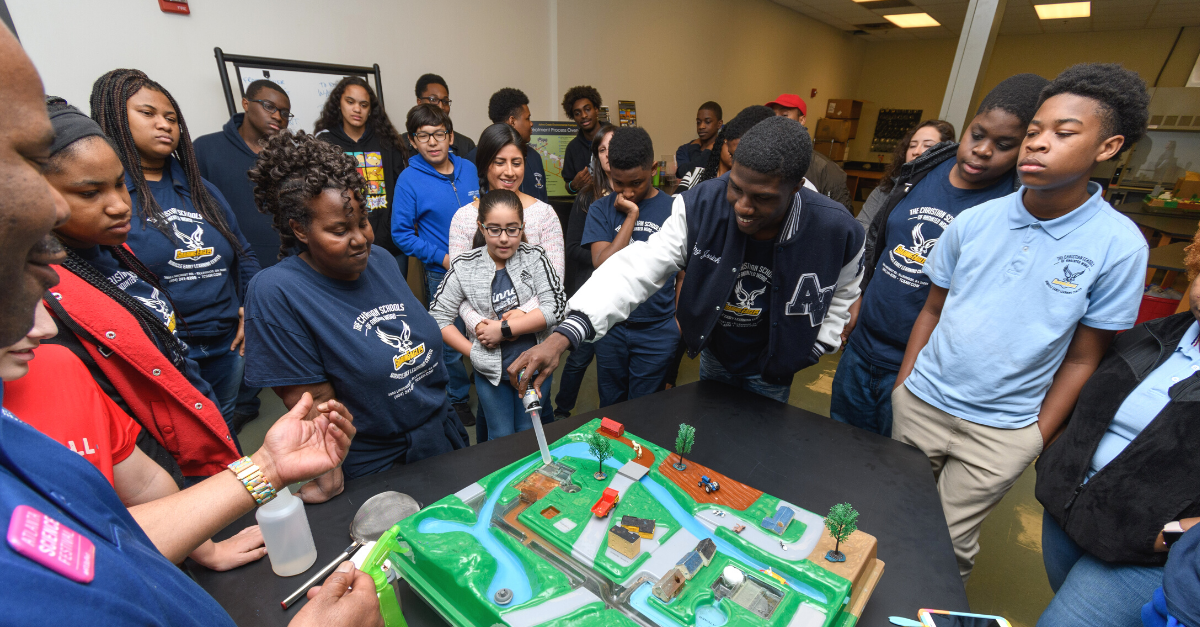Environmental Action, One Community at a Time
By Christina Buffo
After Dr. Yomi Noibi wrote a newsletter article about toxic chemicals in waterways, the previous Executive Director of Environmental Community Action (ECO-Action) tore it up. Dr. Noibi had written the article following the usual practice taught by his extensive scientific training – a PhD in environmental science from the University of Iowa followed by teaching positions at the University of Wisconsin, the University of Lagos, and Clark University – and he had given equal weight to the communities affected and the companies producing toxic chemicals. And that’s where he had gone wrong. Most publications tended to center the companies and rarely the people affected. “We have to write our own story,” says Noibi, ECO-Action’s current Executive Director.
“Community” is central to the name for a reason: ECO-Action focuses on helping people living in disenfranchised areas across Georgia and changes priorities based on community needs. In Taylor County, they shifted from pollution-fighting to political organizing when residents told ECO-Action that there hadn’t been a local election for ten years. Many volunteers, including Noibi, worked with local organizers and outside legal experts to push for an election in a community- and Black-led initiative. This shift in goals required bringing in new expertise, ECO-Action’s specialty. According to Noibi, the key step in organizing is to “connect people to people that can bring about change.”
And bring about change they did. The combined efforts of Taylor County citizens, lawyers, and ECO-Action resulted in an election, and the voters elected the first few African Americans to the Taylor County Board of Commissioners, ensuring that the board demographics better reflected that of the county. The new board members could then act on environmental issues.
Learning Together
Organizing is always a learning process. No one person or field could have addressed all the problems in Taylor County, but a coalition of people with different backgrounds and skills had a major impact. ECO-Action does not market itself as the entire solution: it’s simply the catalyst that makes these connections, and then everything else, happen.
The importance of learning from others applies beyond doctors, lawyers, and scientists. ECO-Action hosts discussion groups for different generations of Atlanta area residents to discuss local concerns together. Dr. Noibi says that these groups are founded with the idea that everyone, from a six-year-old to her grandparents, has an important perspective on their living environment and issues present in it, and that only through learning from each other can action occur. In Dr. Noibi’s words, “We have to work and learn together. First we have to learn together. Then we have to work together.”
ECO-Action Programming
Many participants in ECO-Action’s programs, such as the Intergenerational Learning Group and the Community Watershed Learning Group, mention their surprise that environmental concerns are only part of the program. A training or discussion group isn’t solely about sewage leaks, or tire dumping, or floodwater management. “It’s about injustice,” says Noibi. “It’s about thinking outside the box, because you cannot address environmental problems with the current framework of thinking.”
Part of the shift outside of this current framework needs to be legal. In alleged water contamination, the people affected often are legally required to demonstrate the presence of pollutants. This, emphasizes Noibi, is unfair for many reasons. First, the people living in a contaminated area may not have access to pollutant testing or the money to pay for it. Second, some chemicals may be toxic in smaller amounts than current laws suggest, and the health consequences of other pollutants may not yet be clear. Lead from water pipes, for example, was considered safe at one time. Most importantly, the burden of proof falls unjustly on the people impacted, who already suffer health damage from pollution. The brutal reality is, says Noibi, that at the end of the day, “we’re the ones exposed, we’re the ones burying the body.”
The other important step towards a more just world lies in the perception of science. Scientific training emphasizes a “science as solution” mindset at the expense of considering how science results are used. A more just outlook, suggests Noibi, would involve thinking “that science is the answer, no. Science is a tool to help get the answer. The answer is in the people.”





